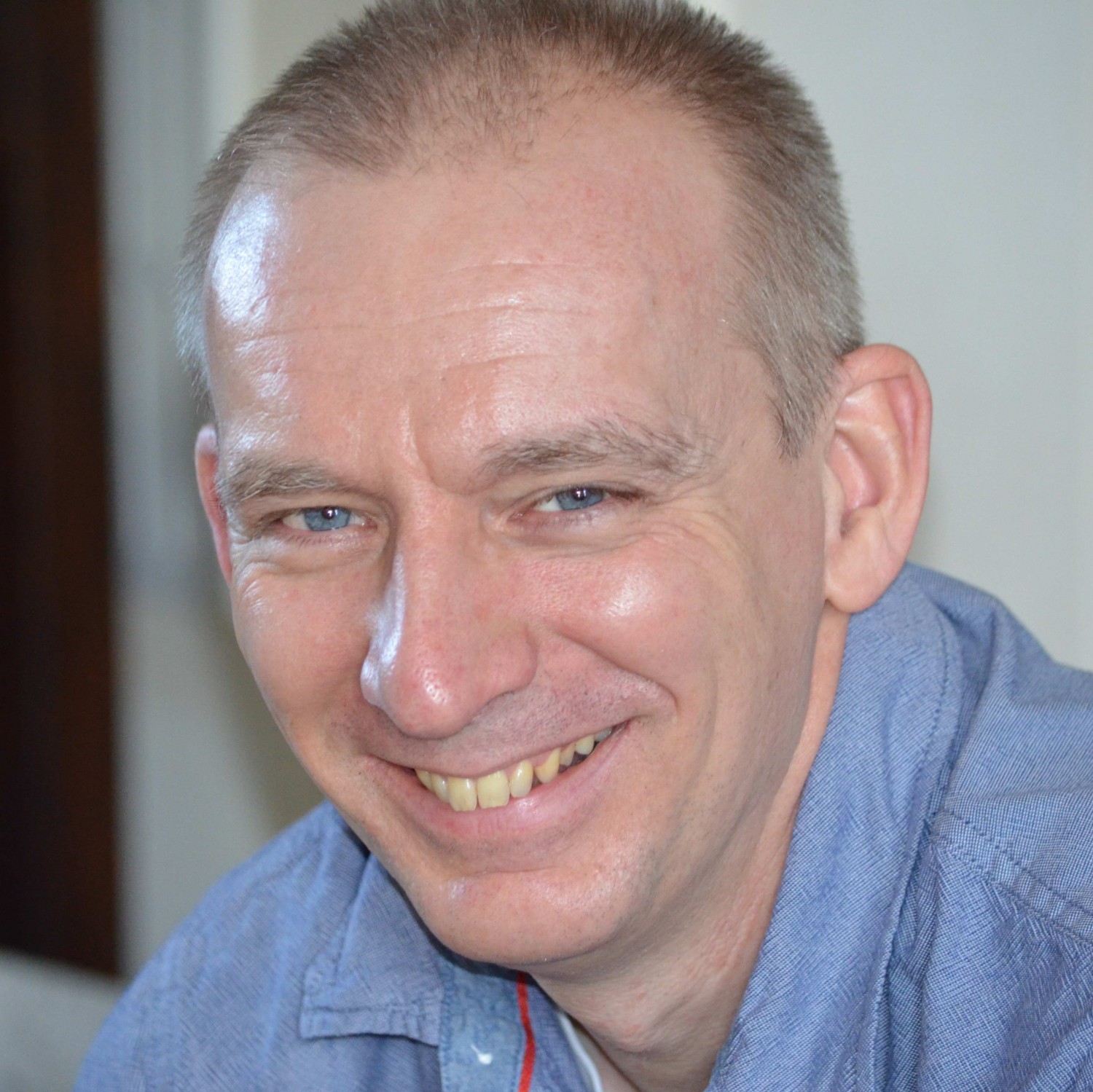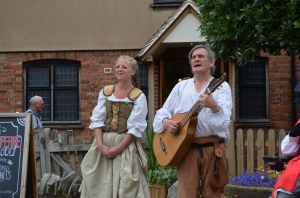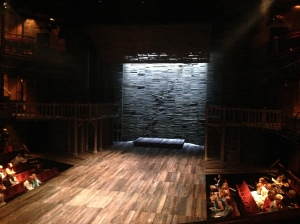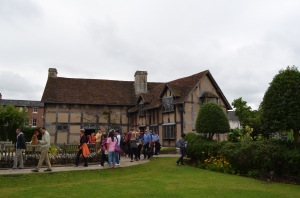Imagine for a moment that you live in a part if the world that is desperately short of a natural resource essential for life. Let’s say that was spaghetti, and that spaghetti was a naturally occurring life sustaining substance.
You need spaghetti in order to sustain your life, you can’t go much more than a few hours without it. Spaghetti deprivation will ultimately lead to death. But you don’t only need it to sustain you, you need it for hygiene – you wash with spaghetti, clean your clothes with spaghetti, you nourish your crops with spaghetti, your farmed animals also need spaghetti just as you do.
Some parts of the world have spaghetti in abundance, and don’t use it carefully, they have so much they can waste it. Spaghetti is difficult to transport so you can’t very easily buy their excess. In any case because you have very little spaghetti it has affected your economy to such an extent that you couldn’t afford to buy it even if it could be shipped in sufficient quantities.
In some countries they have spaghetti piped to their houses. In your country you have to walk miles to gather enough spaghetti just for one day. Sometimes the spaghetti you gather isn’t very clean, you don’t have any method of cleaning it, so because you need it so badly you still consume it. Sometimes when you consume dirty spaghetti it has disease carrying organisms in it, some people (especially babies and young children) can get very sick from these and even die.
Some people do try and help – there are groups like SpaghettiAid who help poorer, spaghetti deprived countries, use technologies to make sure the spaghetti they do have is clean enough to consume. But they also help to find more spaghetti. Underground there are spaghetti sources, but these are difficult to reach without the proper equipment, and because you and your country are poor you can’t afford to buy the expensive drilling machines. These organisations raise funds for spaghetti drilling equipment. Once found a spaghetti well can transform your community. The kids and mothers, whose job it usually is, don’t have to walk miles to collect the daily spaghetti, so the kids have time to be schooled and the mothers have time to nurse and to prepare food for the family. Your kids have enough spaghetti to keep them healthy, so they can pay attention in school and grow up with a better education which, in turn, will help the community to prosper. People now have enough spaghetti to keep themselves clean, the resulting rapid improvement in health means that diseases that are spaghetti borne virtually disappear. Your crops flourish as they are regularly irrigated with spaghetti. Your animals are healthy as they have enough spaghetti, so your community has a better, more reliable, food resource.
Now imagine your community has gone from spaghetti starved, to relative spaghetti abundance, but you still have to use it carefully as you don’t have a surplus, so you don’t waste any spaghetti at all. How would you regard others in countries with an abundance of spaghetti who use it wastefully? What if the media, especially social media on the internet was showing people wasting spaghetti every day by pouring large chilled or frozen quantities over themselves and leaving it to drain needlessly away? What If the reason for this very public wastefulness was to raise awareness and funds for research into a life threatening disease? What if this wastefulness was even being endorsed by celebrity figures? Could you accept the wastage because of the cause? Would you see the wastage as unnecessary and insensitive given that awareness can be raised without throwing away such a valuable natural resource? Could more of the participants have factored in spaghetti waste saving to their stunts?
Please re-read this article and with every mention of spaghetti please replace it with the word “WATER”.
Facts about water deprivation
More than a billion people do not have access to safe water
Well over 2 billion people live without adequate sanitation
At any given time, more than half of the developing world’s population is suffering from one or more of the main diseases associated with unsafe water and poor sanitation. For children, the chances of survival dwindle in the absence of these essentials.
Every day, 6,000 children die of water-related diseases.
Young children are the first to get sick and die from waterborne and sanitation-related illnesses—including diarrhoeal diseases and malaria.
(Sources: UNICEF and WaterAid.org)
Facts about ALS /MND
ALS stands for Amyotrophic Lateral Sclerosis, it is another name for Motor Neurone Disease (MND) – a disease that affects nerve cells in the brain and spinal cord. ALS causes the brain to be unable to initiate and control muscle movement. It is largely irreversible and can lead to total paralysis.
ALS incidence and prevalence figures vary according to source, but it is estimated that prevalence (how many people are suffering with ALS at any one time) affects around 6 per 100,000 people that is 0.006% of the population.
The average age of onset is in the mid-50s
Life expectancy post diagnosis is 2-5 years
Most sufferers die from respiratory failure
The symptoms of numbing paralysis are said to be similar to the numbing feeling caused by being immersed in freezing cold water or ice. Hence the ice bucket challenge.
(Sources: http://www.ALS.org, Neuroepidemiology 2013;41 (2): 118-30 – Chilo et al, FAST FACTS: ALS and the ice bucket challenge, Reynaldo Santo Jr at http://www.rappler.com)
WaterAid
WaterAid.org has also got in on the Ice Bucket Challenge act, they call it “cold water tipping” – but they provide the following advice:
“Worried about the water? You can make sure you don’t waste a drop by taking on the challenge in your garden (giving the plants a good watering as you go), in your local lido or swimming pool, or even in your pond…”
Disclaimer: this article is not intended to belittle the suffering of those with ALS, nor to detract from the need for research. It does not seek to discourage people from donating to ALS research or to any other disease research for that matter. It is however intended to be thought provoking in providing a global social context to a resource that many of us take for granted, but so many have poor access to. All facts and figures are researched using trusted sources, but I am not responsible for any errors.





